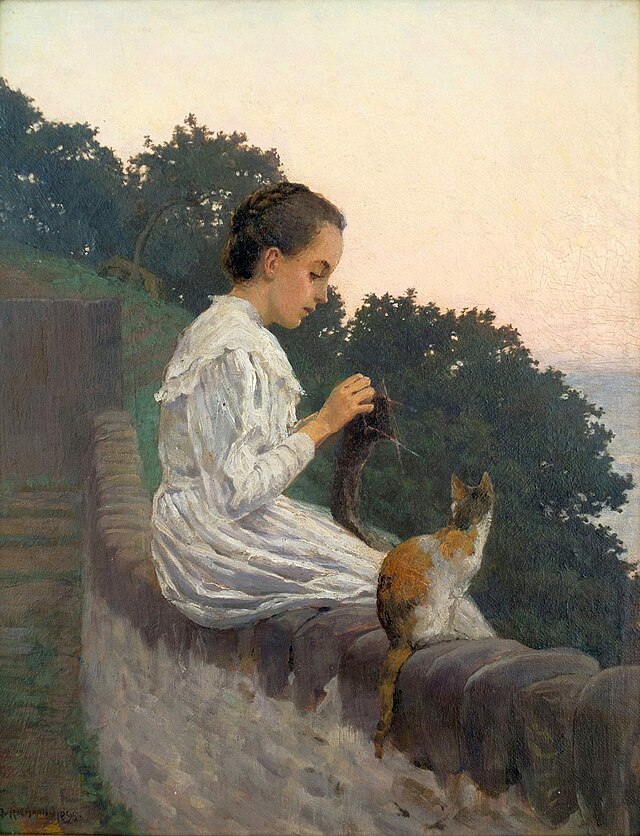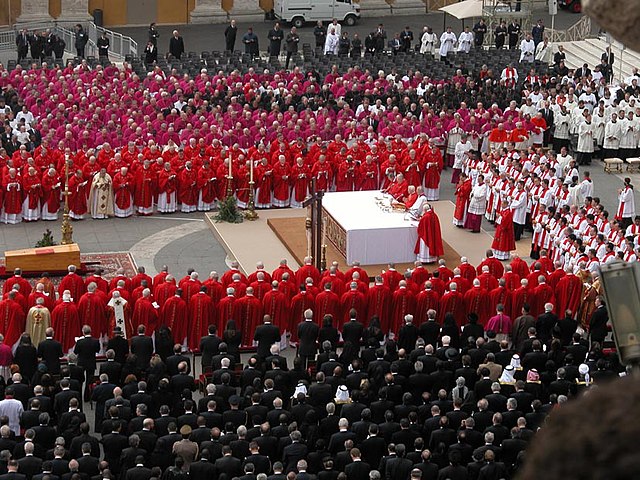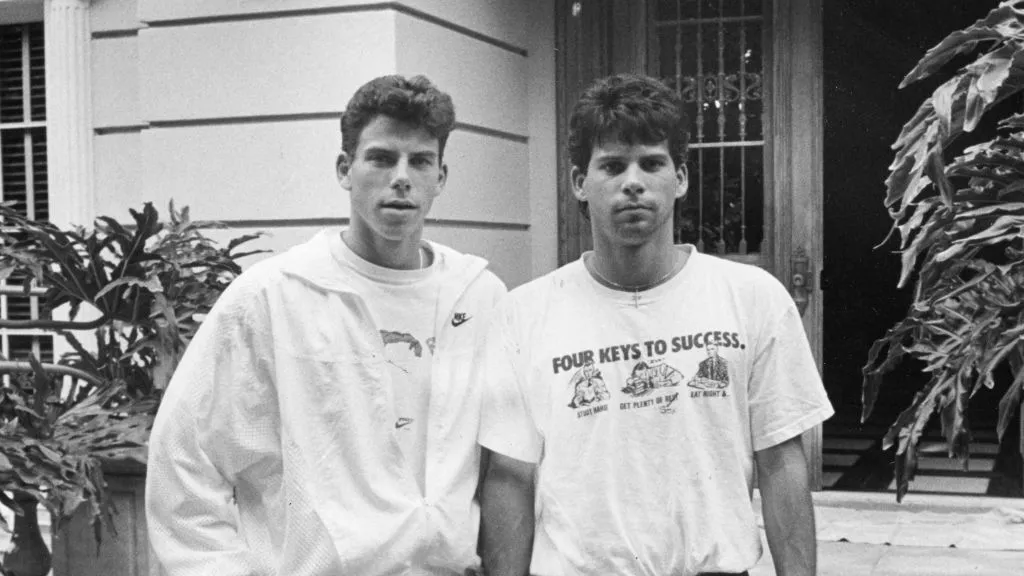WARNING: SPOILERS FOR BLACK WIDOW
11 years after her introduction to the Marvel Cinematic Universe (MCU), Black Widow has finally gotten her solo movie. Black Widow arrived in theaters on July 9 and is available on Disney+ Premier Access with an additional fee of $29.99. This is the first Marvel film to be released since the beginning of the pandemic, and the first film of the MCU’s Phase 4 post-Avengers: Endgame.
The film follows the events after Captain America: Civil War. Natasha Romanoff (Scarlett Johannson) is on the run after having aided Captain America in his fight against the Sokovia Accords, which were regulations introduced to keep superheroes in check after they practically disintegrated the city of Sokovia. The Avengers have broken up, and with Captain America also on the run and the rest of the heroes who fought with him in prison, Natasha is completely alone.
Black Widow finally gives more depth to Natasha Romanoff, who first appeared in Iron Man 2 (2010), and explores her past and her motivations as an assassin-turned heroine. Natasha, in her six other movie appearances in the MCU, has made multiple references to her training at the Red Room — a top-secret Russian intelligence program that trained girls to become assassins and experts at espionage— and the mistakes of her past, but they were only ever glancing references. Black Widow explains why Natasha worked for so long to become better, and gives more meaning to her ultimate sacrifice in Avengers: Endgame.
Although I am very glad Natasha finally got her own story, I would have loved to see more. Well-written, interesting female characters are still far too rare in the ever-expanding MCU, but Black Widow, almost apologetically, rights Marvel’s original wrongs in consistently oversexualizing Natasha Romanoff and relegating her to a supporting role for 11 years.
When Natasha was introduced to the MCU in Iron Man 2, Tony Stark (Robert Downey Jr.) looked at her and said to Pepper (Gwyneth Paltrow), his assistant, “I want one.” In Black Widow, Natasha is given the chance to be a complex and interesting character, complete with flaws and noble intentions. The film even corrected one of the ugliest plot points of Natasha’s story: she called herself a monster in Avengers: Age of Ultron because she couldn’t have children. In Black Widow, she and Yelena morbidly joke about it and describe the operation in painful detail to spite Alexei.
The film begins in Ohio, in 1995 in a suburban home with a typical American family getting ready for dinner. This, however, is decidedly not a typical American family, but in fact a sleeper cell of undercover Russian agents, including a younger Natasha (Ever Anderson) and her “sister” Yelena (Violet McGraw). The “parents” are Melina Vostokoff (Rachel Weisz) and Alexei Shostakov (David Harbour). Their cover is blown, and the scene quickly develops into a mad rush to get out of the house, with even the six-year-old Yelena collecting bullets from the ground to help her father. They leave the home and make a narrow escape to Cuba from SHIELD (the other intelligence organization Natasha would work for years later). There we are introduced to General Dreykov (Ray Winstone), the mastermind behind the Red Room.
Natasha and Yelena are ripped from each other and shipped off to the Red Room, and in an atypical move for the MCU, the opening credits begin to flip through on the screen: a compilation of videos and images of Dreykov alongside major world leaders, smiling and scheming, and the girls initiated and trained to become killers — Widows — for the Red Room. These Widows would go on to become spies and assassins for the KGB, but Natasha defected to SHIELD with the aid of Clint Barton AKA Hawkeye (Jeremy Renner) before she became an Avenger.
Black Widow follows Natasha on her mission to bring down the Red Room once and for all and gives her some long overdue emotional depth. The film also explores the consequences of the Widows’ training and abuse at the hands of Dreykov and the Red Room. The Widows are taught to be ruthless, often through ruthless treatment at the hands of their trainers. They exist only to serve Dreykov’s needs and as is shown in the film, are expendable when he doesn’t need them anymore. The film, with a surprisingly dark tone for the MCU, demonstrates how the Widows are dehumanized and reduced to weapons for Dreykov.
The film also adds more to Natasha’s story through her interactions with her “family,” specifically Yelena Belova (now older and played by Florence Pugh). Yelena and Natasha spend much of the film teasing each other good-naturedly, much like sisters do. In one particularly tongue-in-cheek moment, Yelena, who still looks up to Natasha, teases her for her typical pose when she fights, saying, “It’s a fighting pose. You’re a total poser.” Natasha snaps back, “I’m not a poser!”
Both Yelena and Natasha break Alexei, AKA the Red Guardian, a Russian supersoldier, out of prison to find Melina, who is the lead scientist for the Red Room that developed a new way to control the Widows’ every move. The family is reunited again and falls directly back into their roles, showing that it mattered to them more than they admitted. But since it never was real, this reunion quickly breaks down, and is further crashed by Red Room agents, who have finally caught up to Natasha and Yelena.
Throughout the film, Natasha is not only on the run from the authorities after breaking the accords, but also from a fearsome assassin from the Red Room, the Taskmaster, who mimics their opponents’ fighting style. In the climax of the film, Natasha, after shedding her disguise as Melina, confronts the man who used her and the other Widows (potentially thousands of them around the world) as pawns in his game for control. Dreykov reveals his grand plans, and Natasha (ever the master spy) after getting the information she needs, says, “Thank you for your cooperation” (another Avengers callback!).
Dreykov justifies his actions by saying he used the one resource the world didn’t need more of: girls.
The Taskmaster is revealed to be none other than his daughter (another callback to the first Avengers), Antonia Dreykov. In using girls to his advantage, he used his own daughter, making her into yet another weapon to be controlled. The rest of the Widows come to Dreykov’s rescue, and he slips away, but Natasha (ever the hero) continues to try to wrest them out of his control. Once she does, the Widows blink away his power over them, but have no idea how to live their lives on their own.
Although there are some extremely well-choreographed, visceral action scenes complete with big explosions, Black Widow truly shines in its smaller, quieter moments where the viewer gets to see the family dynamic and true horror of how the Widows are dehumanized and weaponized by the Red Room.
The film’s final action sequence is between Antonia and Natasha. Natasha successfully releases her from Dreykov’s control, and Antonia utters her first words in the film: “Is he gone?”
Black Widow was not just a prequel explaining Black Widow’s past, it is also a story about how survivors of abuse find meaning in their lives moving past their trauma. Yelena, having just broken out of the Red Room’s mind control, is also trying to figure out how to live her life on her own terms. Her first step is buying a vest with “a lot of pockets,” a seemingly small action, but monumental for someone who never had control of her life.
In the final scene of the film, due to the help of her handy supplier of weapons and any and all resources, Rick Mason AKA the Agent (O.T. Fagbenle), Natasha secures a jet and flies off to Alan Silvestri’s Avengers theme to reunite her other family. She is now blonde and wearing her sister’s beloved vest (and wears it throughout Avengers: Infinity War).
After defecting from the Red Room, Natasha moved on to find a family of her own in the Avengers. Against all odds, she held onto it until her dying breath, and the Avengers were also not the only family she chose to die for.
The end-credits scene, in true Marvel fashion, promises more for the future. Yelena, grieving her sister, whose gravestone reads “Daughter – Sister – Avenger” is set on revenge and her next target is none other than Hawkeye himself, who she blames for Natasha’s death. Florence Pugh is set to appear as Yelena Belova in the Hawkeye Disney+ series set for release later this year.
Black Widow spends most of its runtime explaining the gaps between movies (we finally know what happened in Budapest!). The film was grounded and humorous in a way that surprised me this far into Phase 4 of the MCU (beginning from Avengers: Endgame), but it was an acutely human and personal story. I still want to see what happens to the other Widows and Antonia, what actually happened in Budapest, and every other part of Natasha’s past that could have been addressed in a proper trilogy (see the Captain America, Thor, and Iron Man trilogies). Not only was this her only solo movie, it was also used to set up Yelena’s future in the MCU as the next Black Widow.
Black Widow finally gives Natasha Romanoff her chance to shine, to take ownership of her story, all of her terrible mistakes and noble feats










